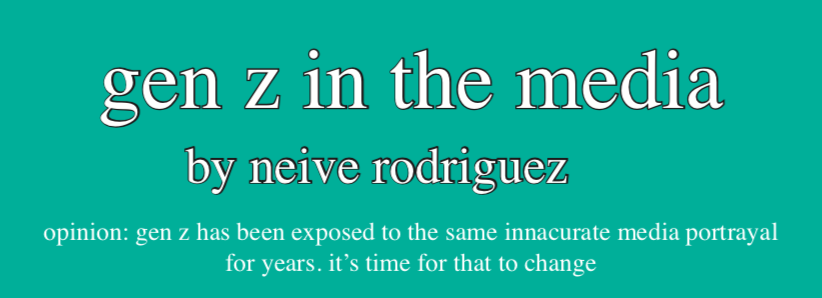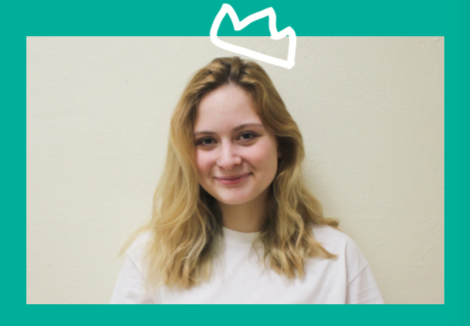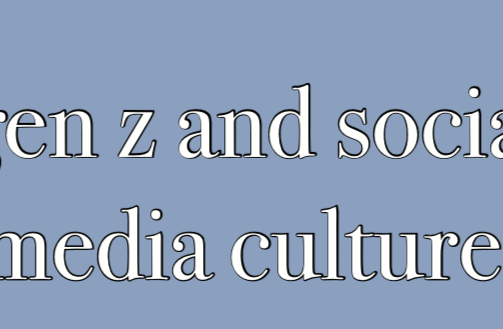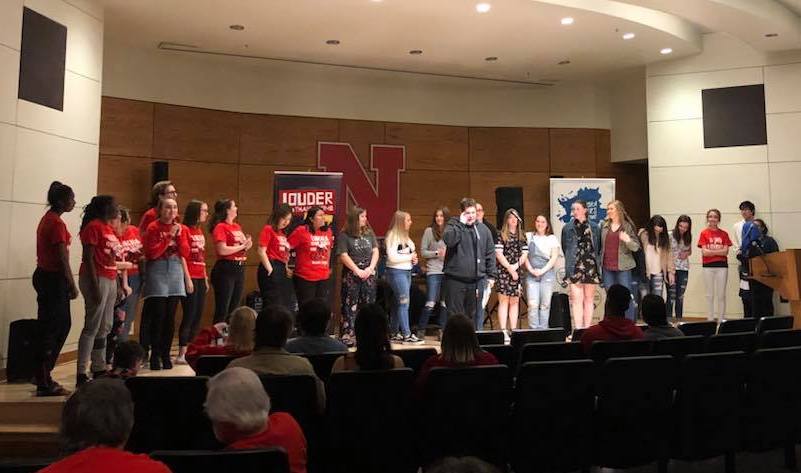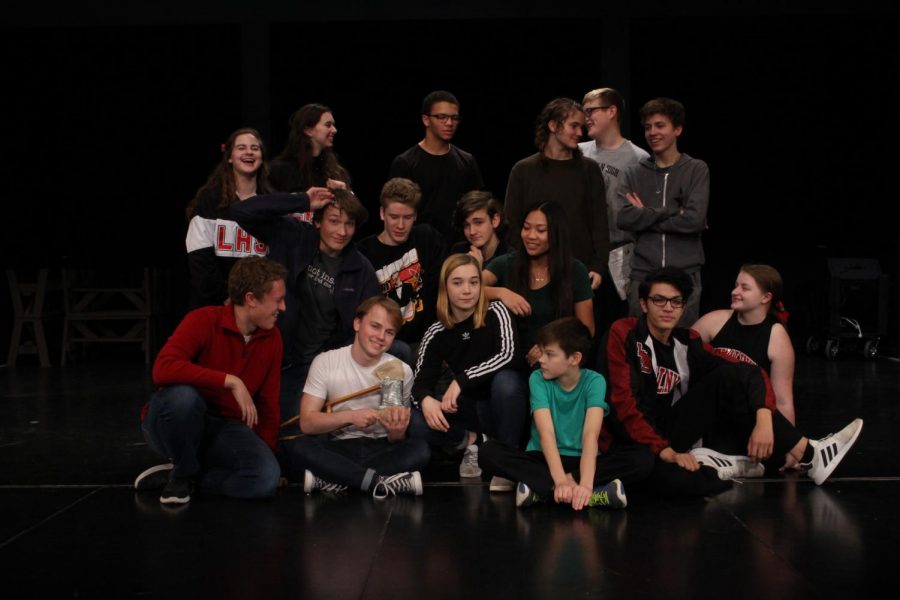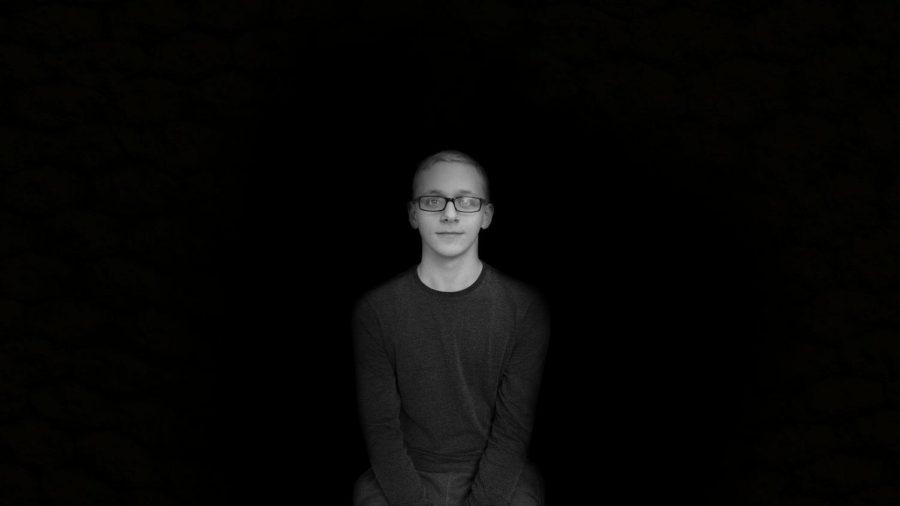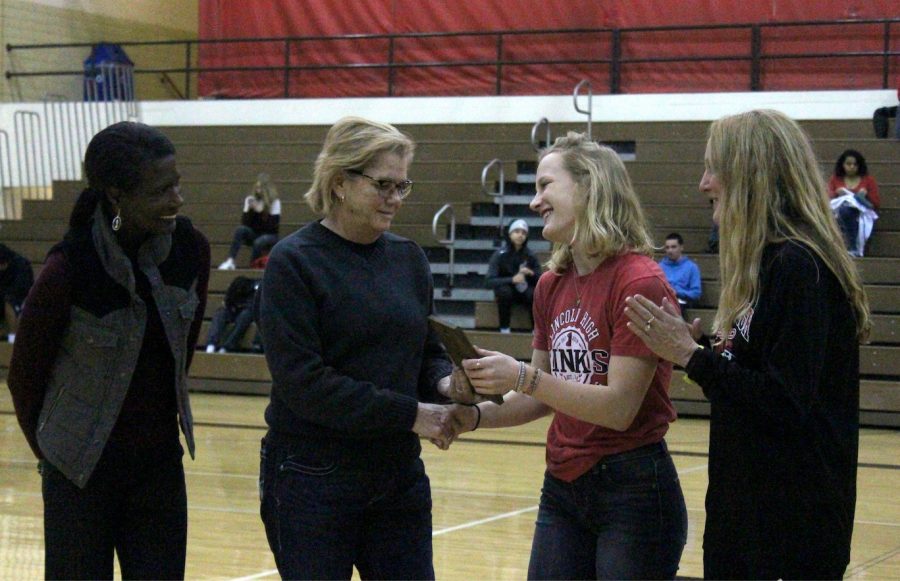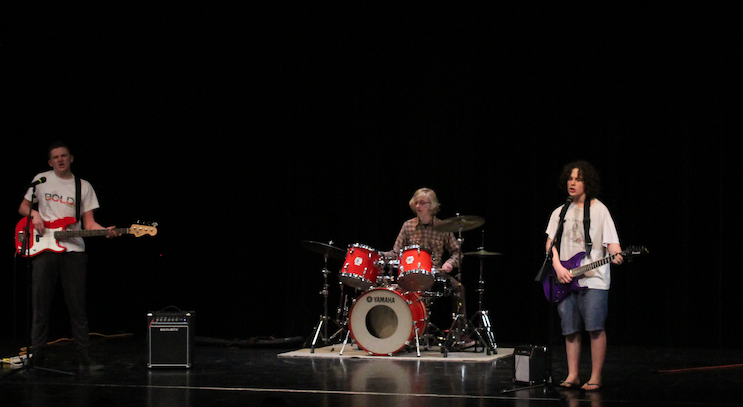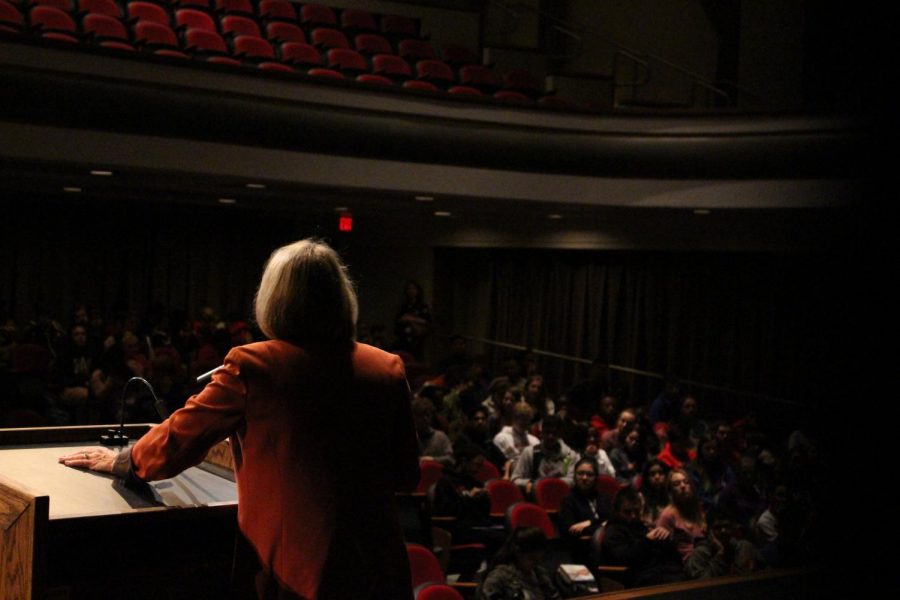By Neive Rodriguez
When I recently turned 16, I suddenly realized that being a teenager was not what I had expected. I had imagined being 16 as heaven, that I would infinitely cool and happy. I thought I would be grown up, intelligent and well-accustomed to dating. However, I found that although I can recognize many ways that I have improved myself since I was younger, I still have a long way to go, and that being a teenager is not exactly what it is portrayed as. In reality, being a teenager, specifically in high school, is complicated and polar. One day is completely different from the next in terms of moods. The social aspect of school is not nearly as war-like as it is shown in media, and homework takes up much more time than movie directors believe it does.
I found that stereotypes are also present in the news, something that is supposed to communicate reality. And of course, an accurate physical representation of teenagers has always been absent, since teenagers are not adults, but are portrayed by them.
Although it may not seem like a significant problem, this accuracy-lacking media portrayal of high school life misleads and misinforms younger audiences who have not experienced teenage years for themselves, as well as alters adults’ views on teenagers, and teenagers themselves.
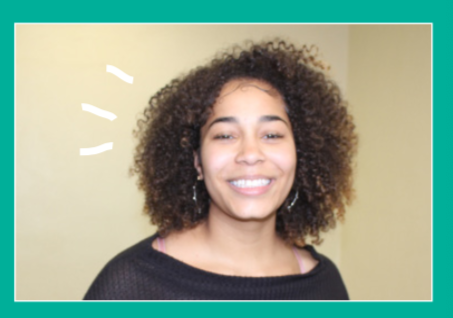
“I wish shows would portray high school as it actually is,” 2019 senior Gabby Graves said. “It kind of hypes you up for something that’s false, that isn’t there.”
“Back when I was in my country I used to watch a lot of American TV shows,” 2019 senior Ghada Al-Qaysi said, “I thought high school was a scary place with mean people, and I was so scared on my first day of high school, but then I realized that the media just makes everything too dramatic.”
“I never see anyone writing essays in movies,” 2019 senior Allie Jackson said.
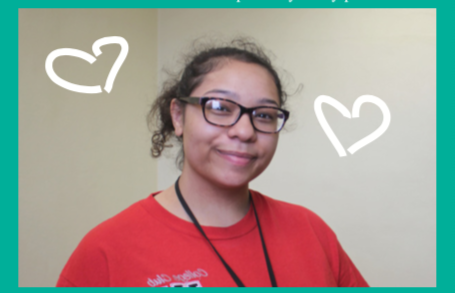
“I definitely thought it would be like in the movies,” 2019 senior Mari Foster-Lewis said. “I thought there would be different posseys and cliques.”
“It make it seems that they have groups in which everyone has to fit, but I fit into many groups and I can handle it very well,” sophomore Sophia Maxson said.
Popular shows among younger audiences include 13 Reasons Why and Riverdale. The actors, whose characters are in high school, are actually in their twenties, sometimes almost their thirties. Bullying, drugs, sex and violence are escalated intensely. Characters are flat, stereotypical and are conventionally and perfectly attractive.
“You be the jock that signs to the best school,” Foster- Lewis said. “But the process to get there is not what they show. And that’s the hardest part.
“All of the teenagers in the media are very stereotypical,” sophomore Jaxson Rodriguez said. “That’s how everyone wishes they were.”
These unrealistic images are not only harmful to children, but can impact an adult’s view of teenagers as well. According to BBC, young people are often represented negatively in media. This gives the media the ability to completely shape the public’s idea of a group of people.
“The news and media think we are just spoiled, phone addicted robots,” sophomore Ricky Lieberg said.
Negatively portrayed images of teenagers dominate media. And when these images are frequented, they become the single image that teenagers are represented by. Once again, teenagers are not adults. We are still learning, still growing and are very immature. Being cast as perfection is damaging to our egos because we believe that we must also be perfect. This is a significant problem with TV and online influencers: they are the ideal image of a teenager.
“I never really see girls of my body type modeling or in a big part of a show,” junior Anaka Wamstad-Evans said. “I wish that I could see more representation of the LGBT community.”
Media has has a greater impact on us than we are aware of. It has the power to define entire groups of people and entire standards of beauty and validity in society. We look to it for advice on our appearances and our actions without realizing it, as we are constantly exposed to its influence. And this is not going to change. But the media itself can change. As Hollywood grows more diverse, and more members of Gen Z begin to enter the workforce, representation has and will become more accurate. And this is a much needed change. We have grown up in a dynamic world. We deserve accurate influence from it to help guide us.

